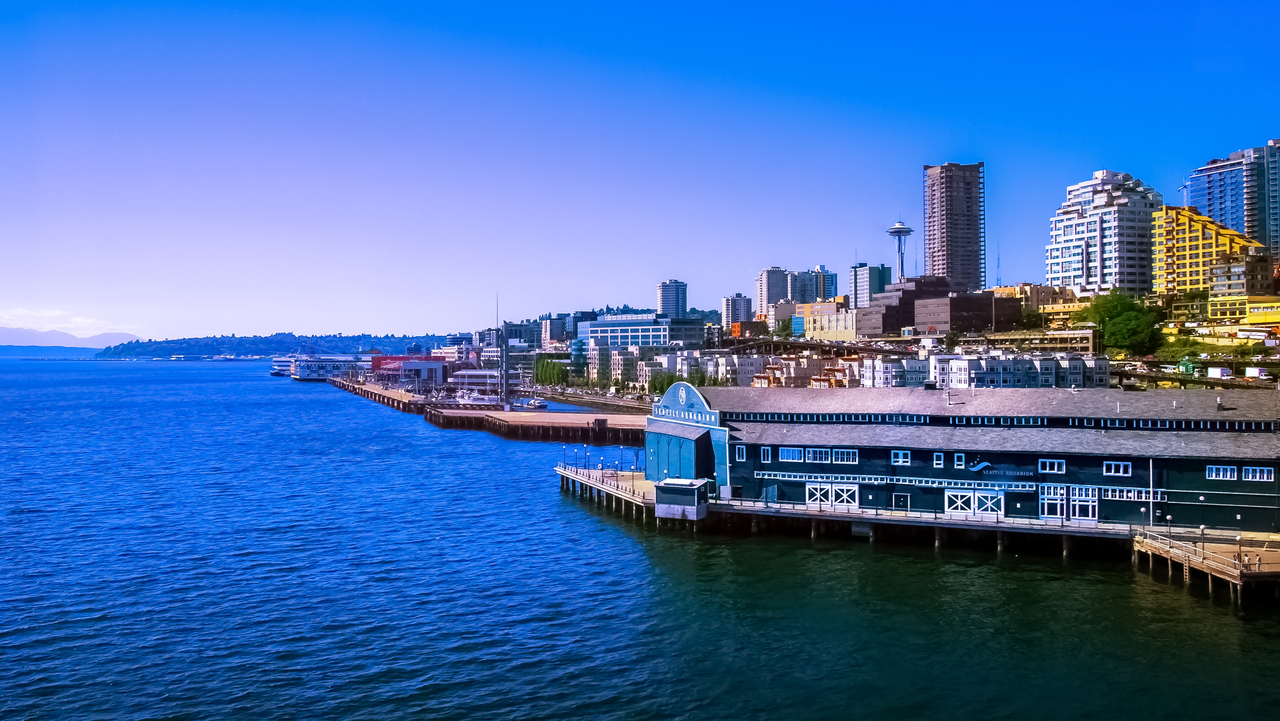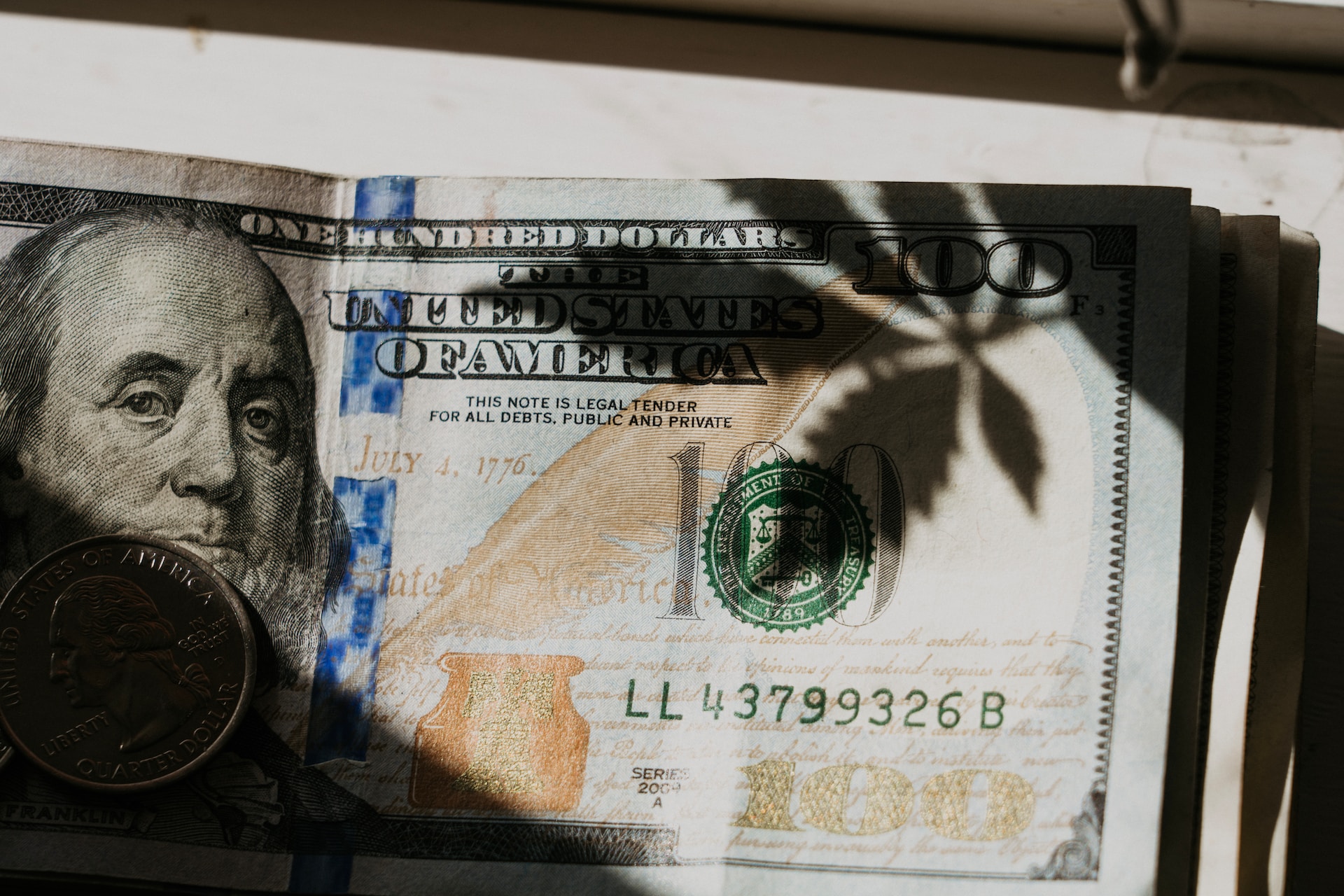Correcting Historical Wrongs
In a significant policy shift, Washington’s Governor Jay Inslee has taken a bold step to address historical injustices tied to marijuana criminalization. The state, which legalized recreational marijuana in 2012, is now offering pardons to thousands of individuals convicted for possessing the substance before its legalization. This action is part of a broader movement across the nation aimed at redressing the impacts of the War on Drugs, which disproportionately affected certain communities.
The Reach of the Pardon Program
The governor’s pardon program targets those convicted of possessing up to one ounce of marijuana, a misdemeanor under the old laws. This initiative could potentially benefit an estimated 3,500 individuals in Washington. These pardons aim to alleviate the burdens carried by these individuals, such as a criminal record for an act that is no longer criminalized.
Renewed Opportunities and Societal Progress
Governor Inslee is driving home the message of progress and compassion, highlighting the importance of not penalizing individuals under outdated legal frameworks. The pardons are seen as a gateway to new opportunities, allowing individuals to rebuild their lives without the shadow of a past marijuana possession conviction. This move is expected to significantly impact access to jobs, housing, and other essential services.
A Nationwide Trend
Washington’s initiative is not an isolated case. It reflects a growing trend in the United States, where federal and state authorities are revisiting marijuana-related convictions. This trend includes actions by President Biden and other state governments to pardon or expunge similar offenses, acknowledging the shift in public opinion and the legal status of marijuana.
Navigating Challenges
Despite the positive direction, the path to obtaining a pardon and achieving a complete record clearance is fraught with complexities. The process can be daunting, especially for those lacking legal resources. These hurdles underscore the need for a more streamlined approach to ensure the effectiveness of the pardons.
A Progressive Step
Governor Inslee’s decision is a monumental stride in rectifying the long-term effects of marijuana criminalization. It signifies a commitment to fairness and a recognition of the evolving legal and social attitudes towards marijuana.
Inspiring Future Action
The Washington model stands as a potential blueprint for other regions grappling with similar issues. As societal views on marijuana shift, such initiatives are crucial in ensuring that past laws do not unjustly burden individuals today.
Broadening the Dialogue
This overview sets the stage for deeper exploration into the governor’s decision and its wider impact. Future discussions could delve into the intricacies of the pardon process, share narratives of those affected by previous convictions, and examine the larger scope of marijuana legalization and criminal justice reform in the U.S.





